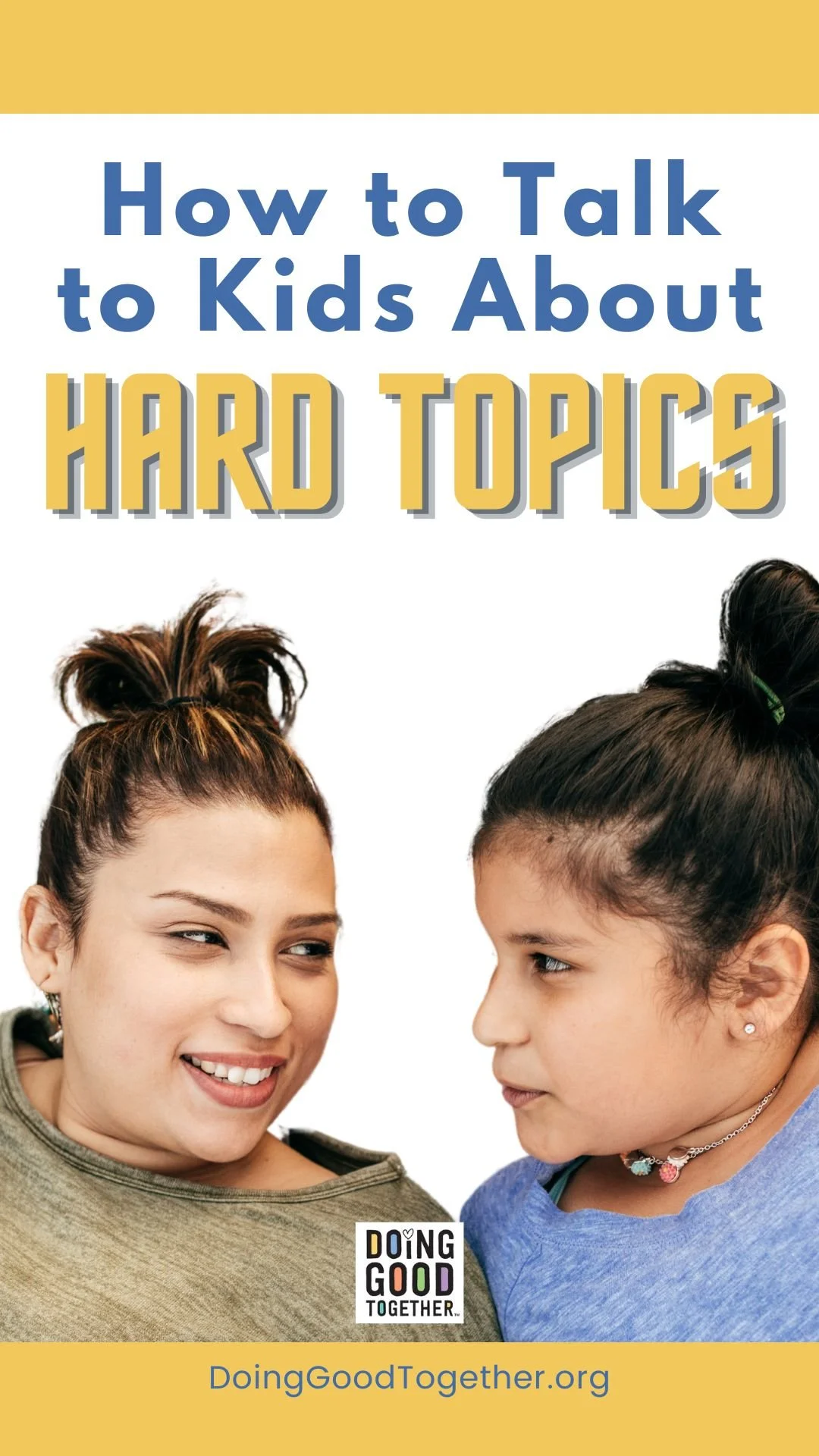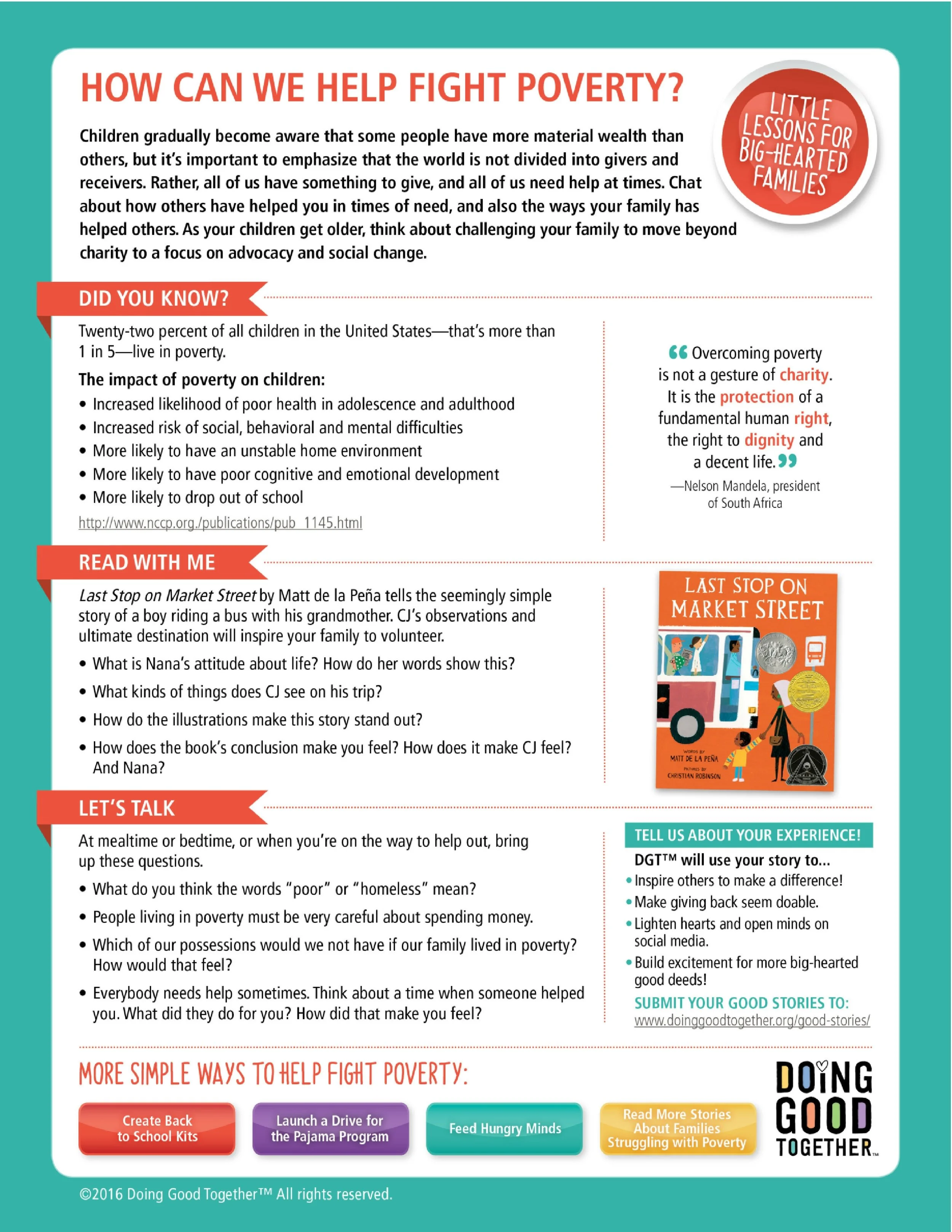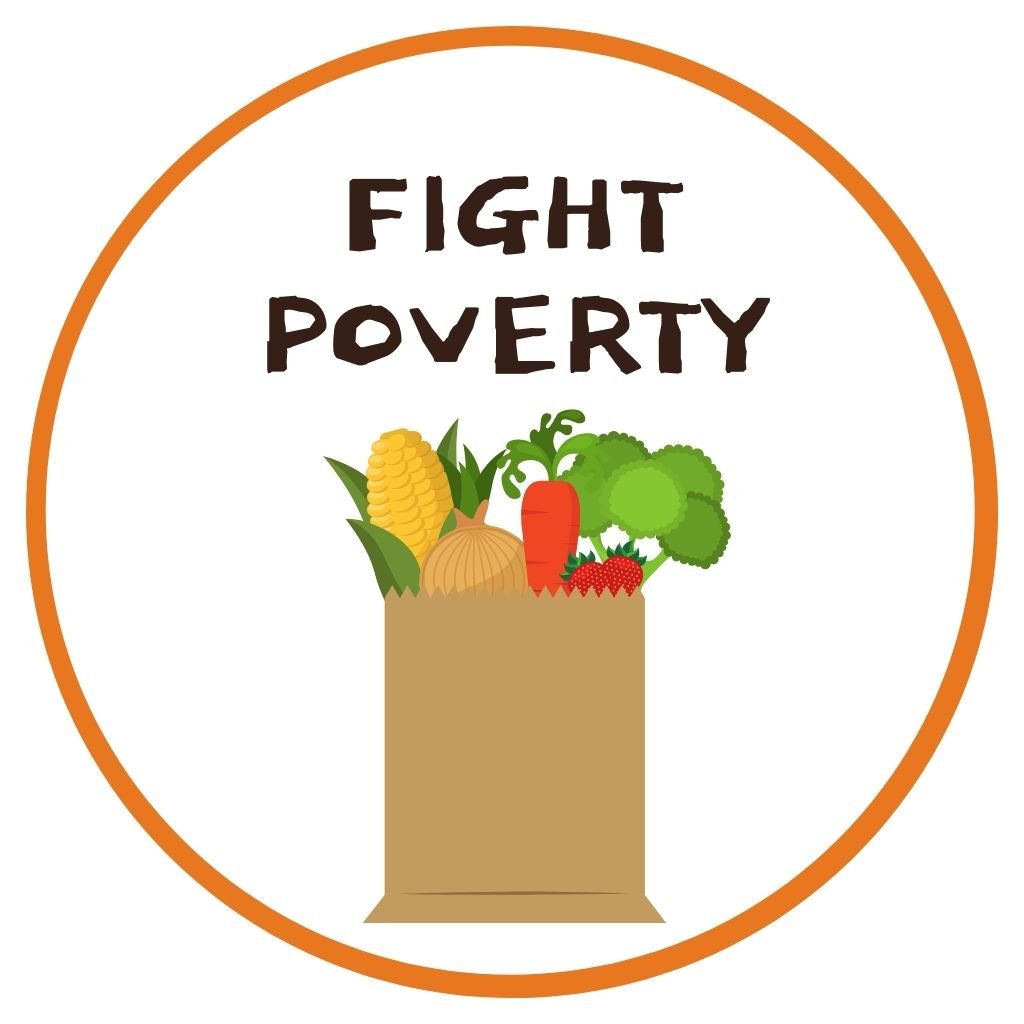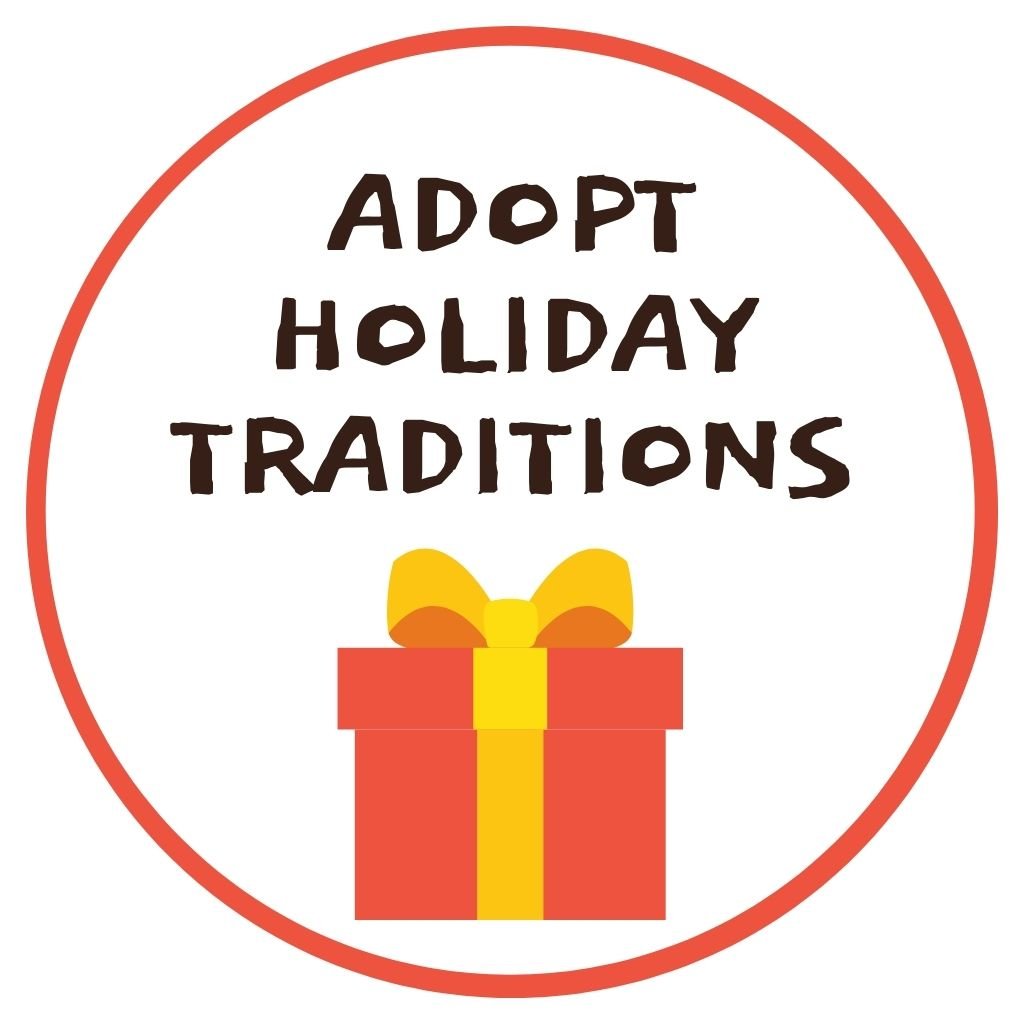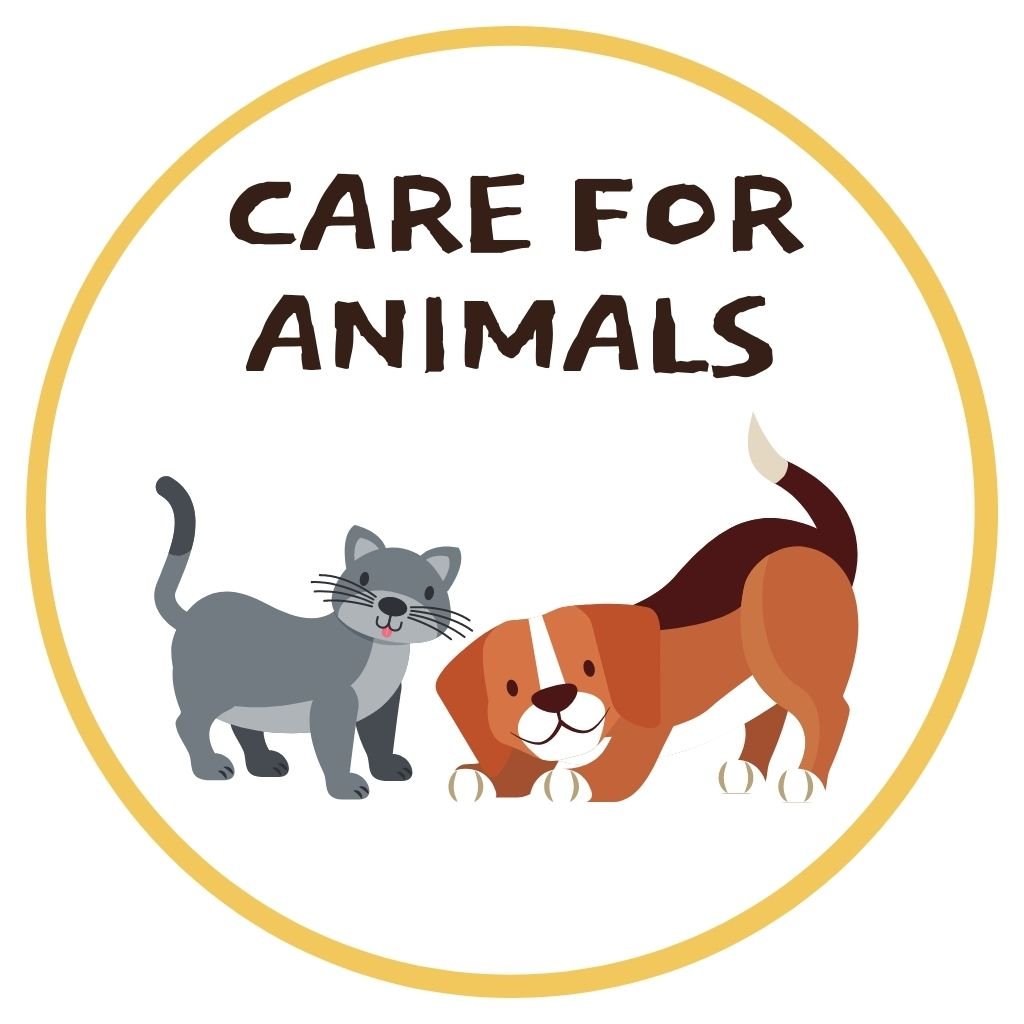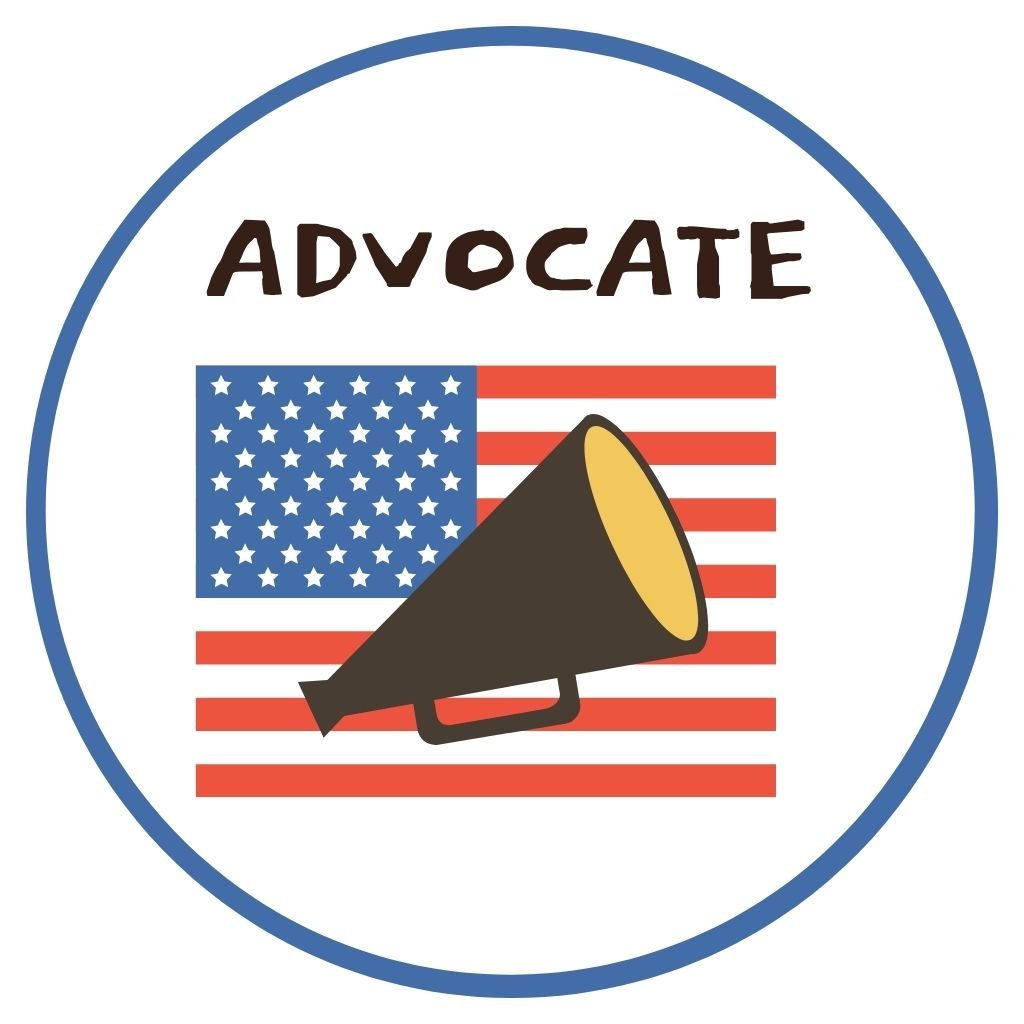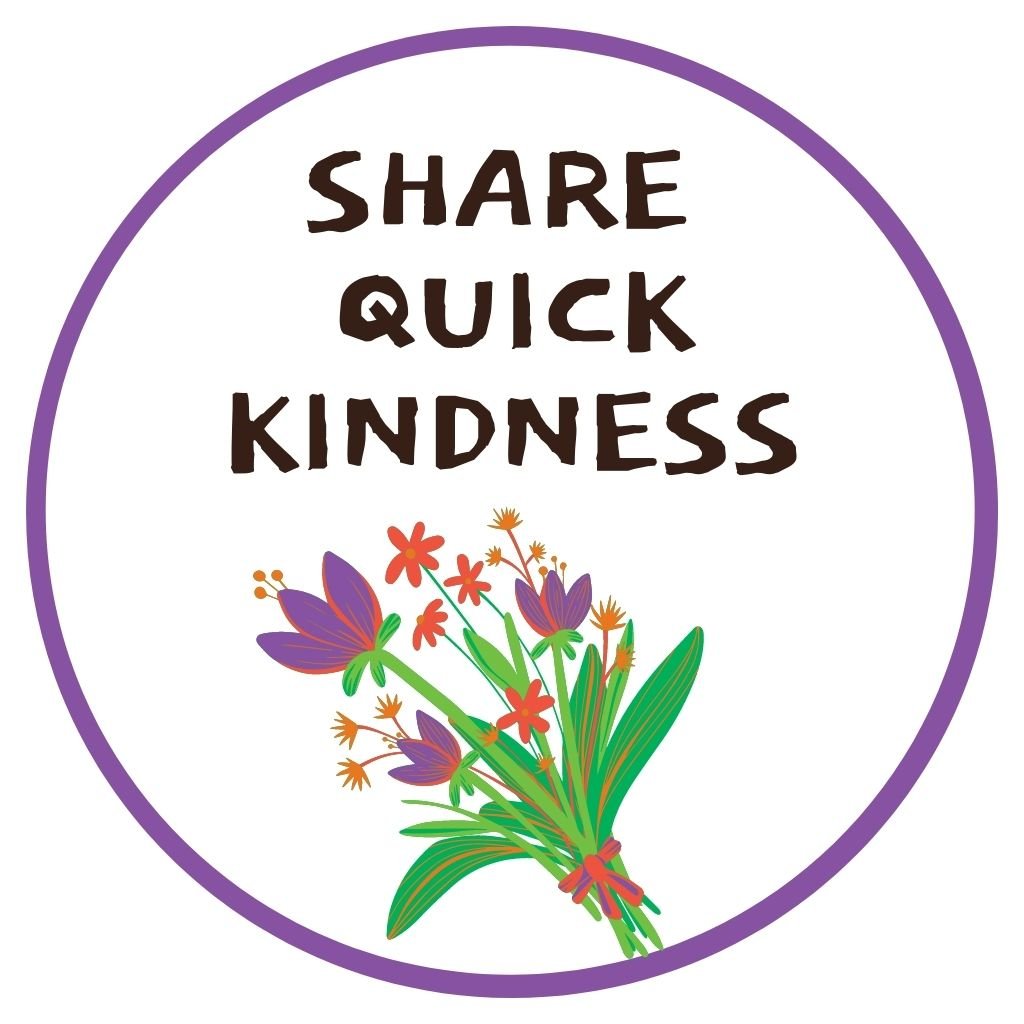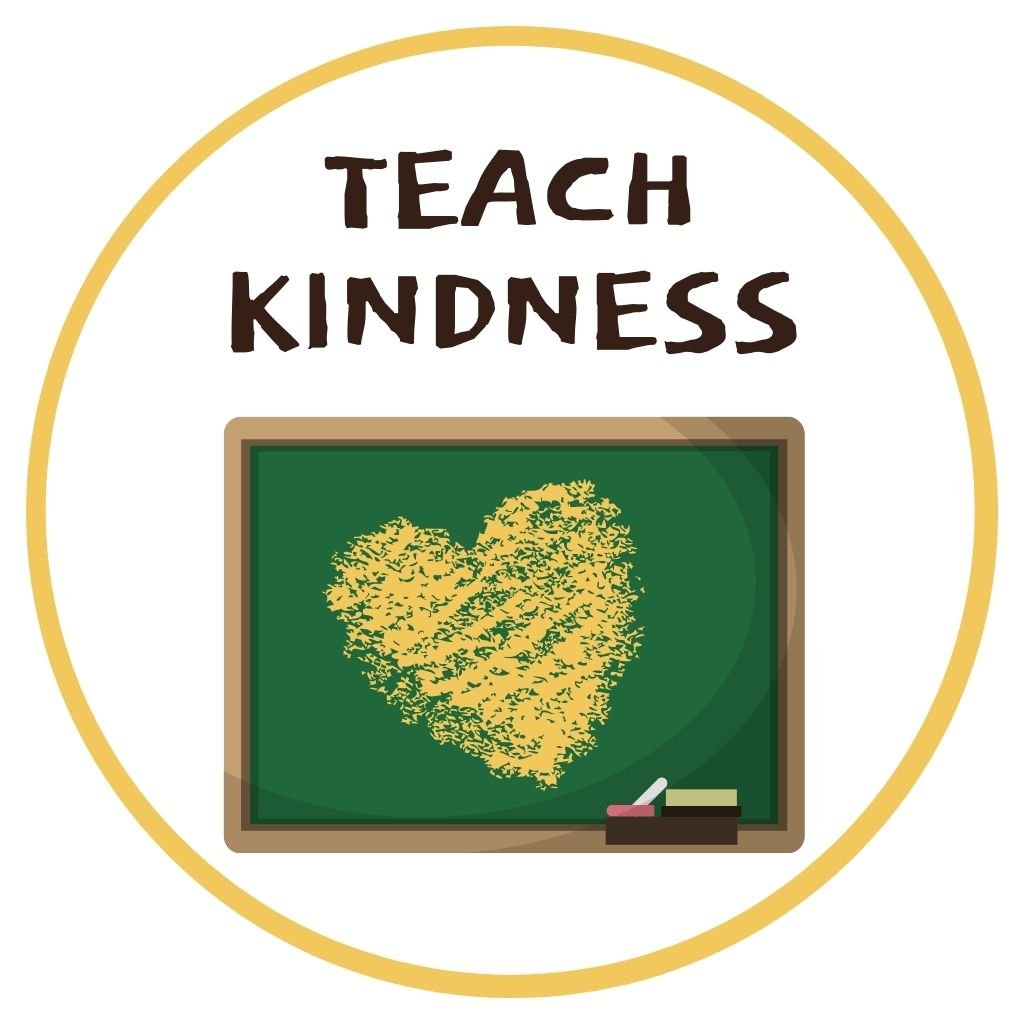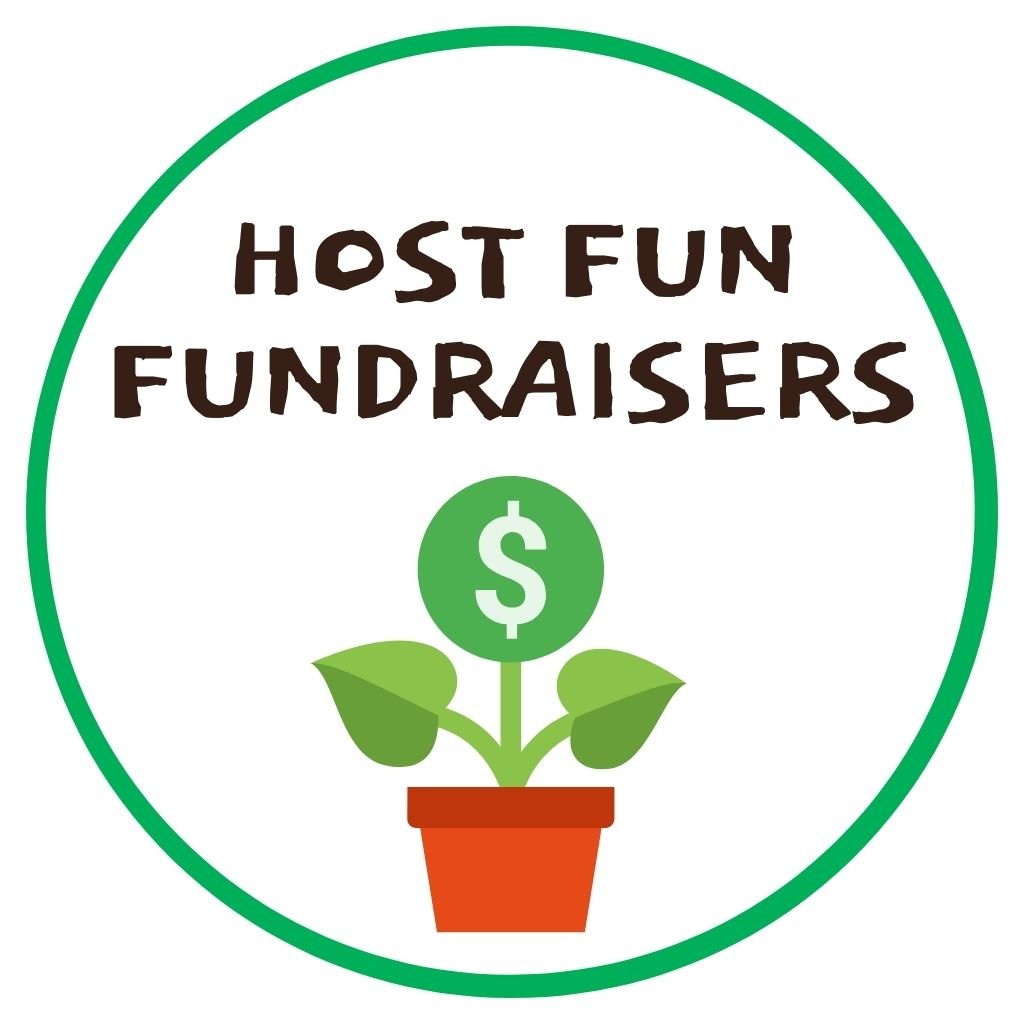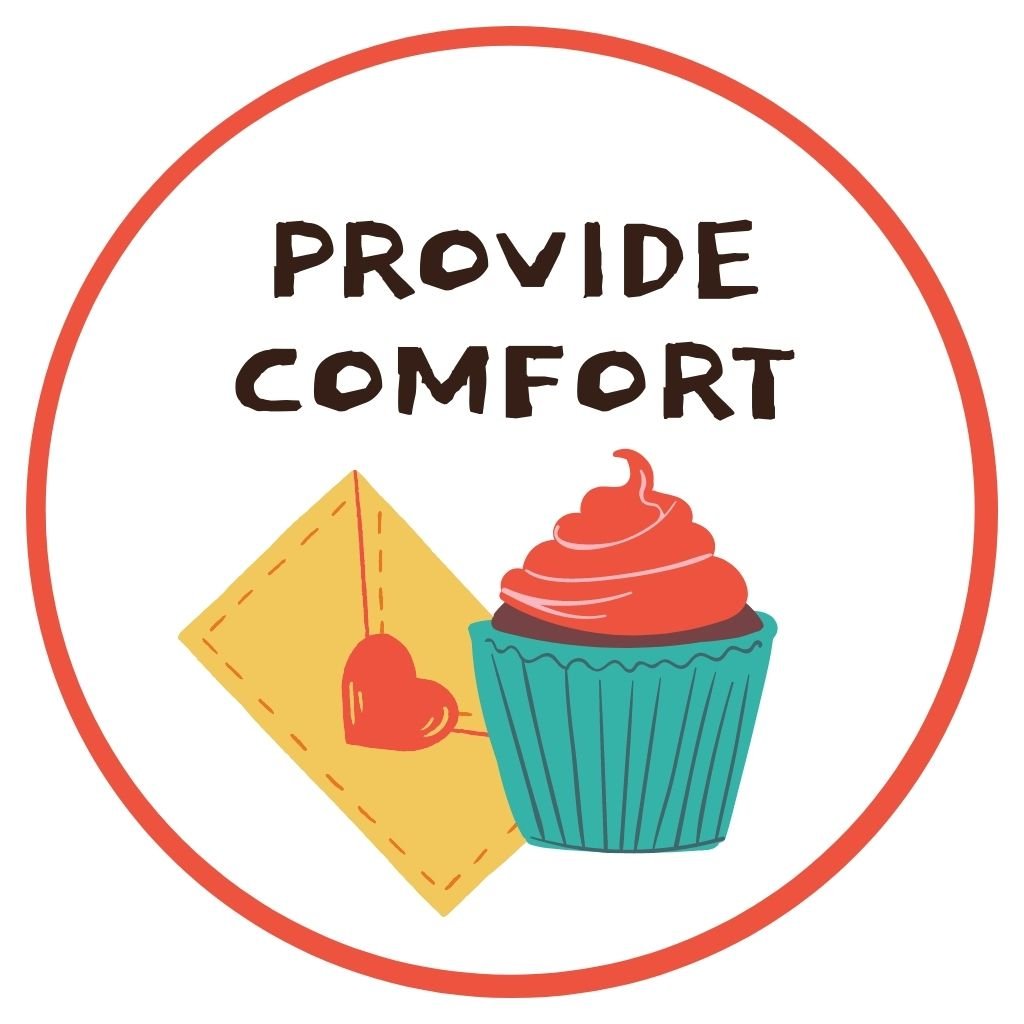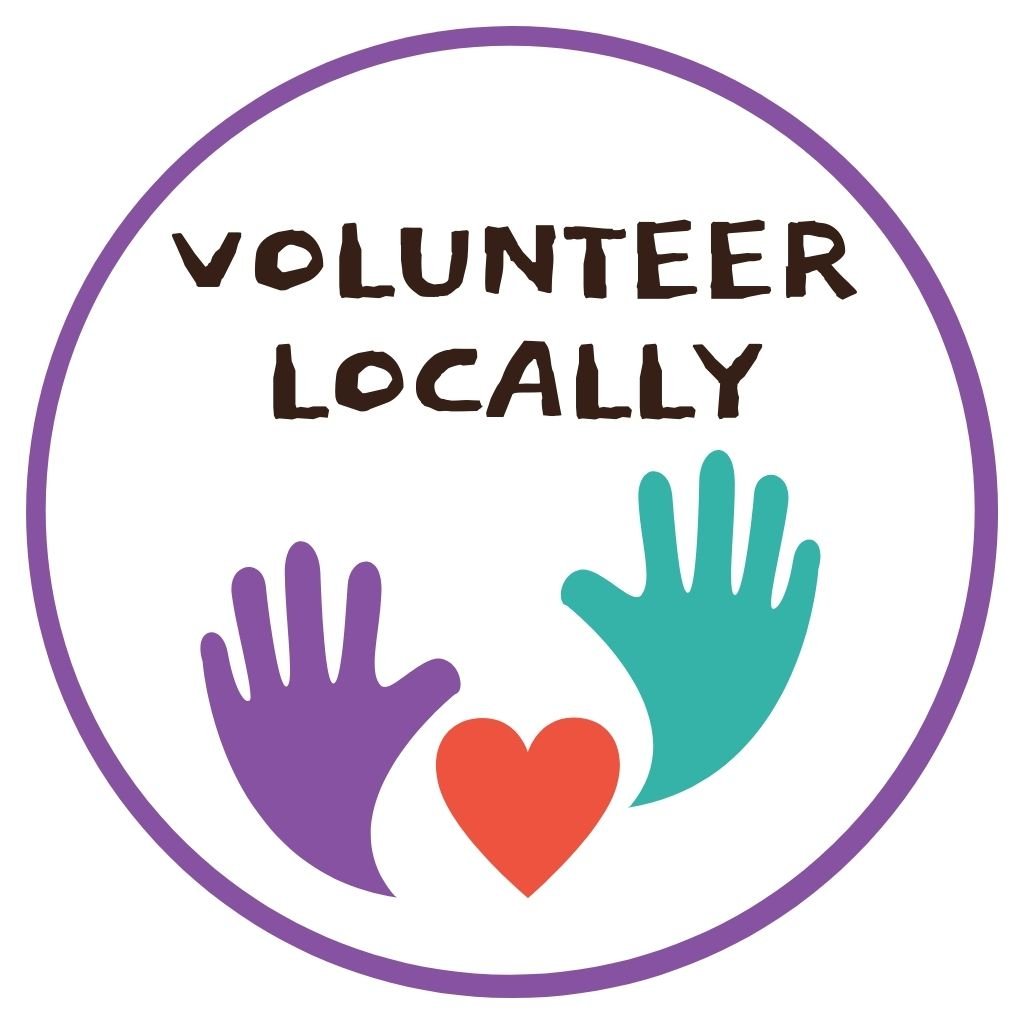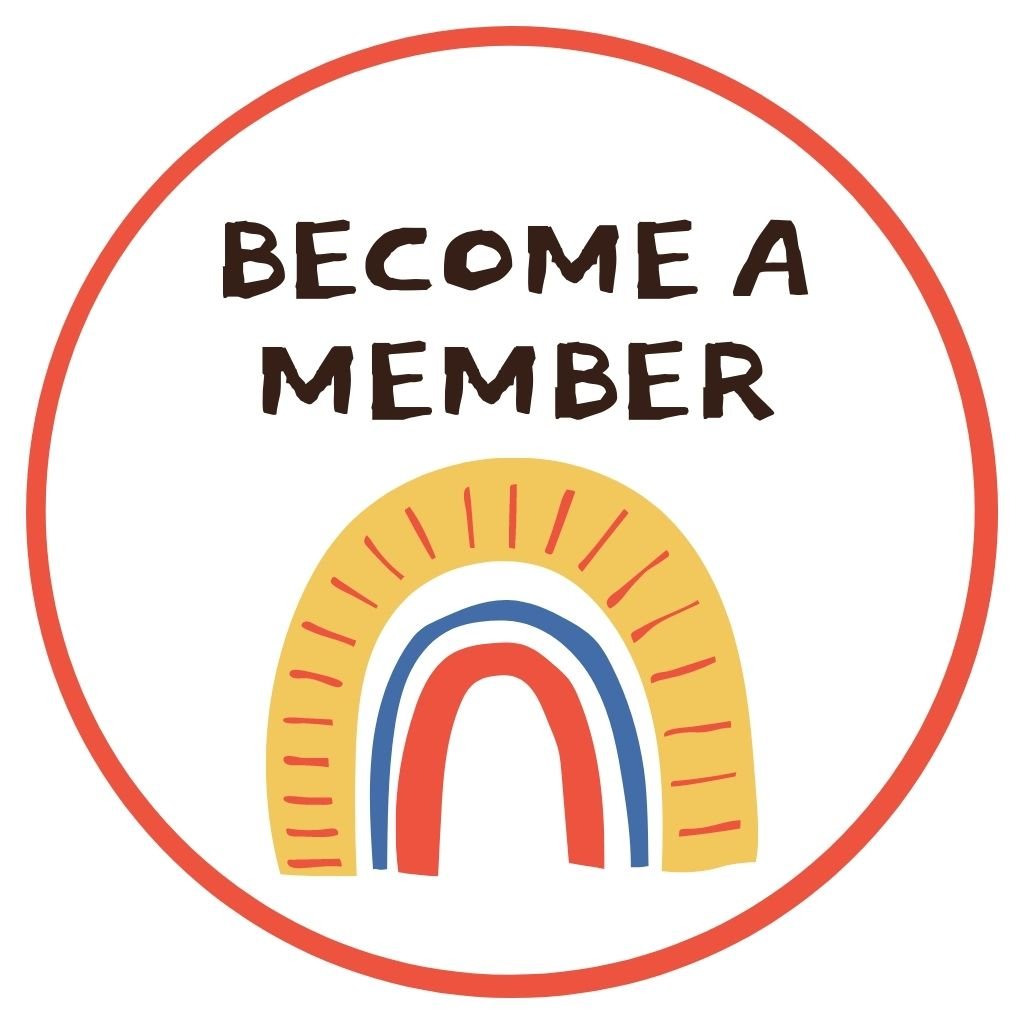How to Talk to Kids About Poverty, Mental Illness, Systemic Racism, and Violence
By: Courtney Juvland, early childhood family educator
Sometimes young children ask tough questions about what they see around them in our world.
The first time my eldest child noticed someone on a street corner with a sign asking for help, I heard a little voice from the backseat wondering aloud what they were doing there, were they okay, what did their sign say, and many other big questions for such a tiny person to be asking.
I was ill-equipped for the moment, scrambling under my calm surface to address the questions in a developmentally-appropriate, but honest way. It would be a challenge renewed when current events inevitably trickled into the family conversations or when we witnessed struggles faced by members of our close or global communities.
How do we explain problems like poverty, mental illness, systemic racism, and violence to these small humans?
Let’s face it: the world in which we are helping our children to grow is not free from adversity, small or large. We cannot shield young people from the troubles of their community and world. And while it might make us caring adults feel better to try, research shows that doing so is not to their benefit, either.
Children are innately curious and working continuously on relating to others as their empathy skills develop. They wonder about big questions like, “how am I similar or different to people I see suffering,” “could that happen to me,” and “my heart hurts for them; how do I help them.”
Many who witness tragedy or challenges faced by other people in the world ask the same questions. So, how do we help children when they have these big questions about big problems and foster their growing sense of empathy?
How to Talk to Kids About Poverty, Mental Illness, Systemic Racism, and Violence
1. Don’t ignore or minimize.
As their trusted adults, it is important that we don’t brush children’s questions aside.
For very young children, experts recommend answering in simple, basic language to the best of your ability. For instance, if your child is worried after overhearing news of violence, you might say, “someone used a weapon to hurt people. That feels scary, doesn’t it? We are safe now, and I will do my best to keep you safe.”
If children are in middle-childhood (8 years old and up), you might add information that will help contextualize the social problem, such as “the person had difficulties with their brain, and that led to their actions/decisions.”
2. Make space for feelings.
Another important support for children who are exploring empathetic responses to social problems is to allow them to express their feelings about what they see and hear.
Focus on feelings that they may be able to relate to from their experience. By making space for sharing these feelings, you are setting children up for coping skill-building that will serve them well throughout their lifespan. Try your best to address the feelings rather than deflecting or distracting children away from them.
Try saying: “Some people still aren’t treated fairly, and that’s sad and frustrating for you. I feel the same way,” when responding to a child who notices injustices in society.
3. Stay open and soft-hearted.
Openness to these difficult conversations is a protective factor for children and adolescents.
If you show your child that you are available to talk about these tough topics now, they will continue to trust you as someone with whom they can share life’s challenges.
As your child grows, so will their worries. As Raising Children Australia points out, “If you encourage open communication about tough topics, your child learns that they can always talk to you. Your child will understand that you’ll be there to listen if something is worrying them. This is a great foundation for communication in the teenage years.”
4. Take time.
Often we might not know immediately how to respond, like when I did not know how to answer my young child in the car, initially. That’s okay! Caregivers don’t always have the words immediately at-hand to address all the questions and concerns.
It is appropriate to respond with, “I hear you are worried/sad/angry, and I want us to talk about it.” Or, “I want to think about this for a bit. Can we talk about it after lunchtime today?”
Then, follow through. Keep your word and come back at the appointed time to have the conversation, even if you still have to respond with, “I don’t know” to some questions posed.
By modeling that it’s okay to reflect prior to talking it over, you illustrate that both the thinking and the conversation are important and worth the time.
5. Call in reinforcements.
If you struggle to come up with the words, there are so many wonderful children’s books that may be of help.
Doing Good Together has compiled numerous book lists (by topic/age) to help families explore important topics together. Picture books are fantastic resources and conversation-starters!
And, if you and your child are inspired to go deeper, here are Doing Good Together reflection guides to take things to the next level.
It isn’t always easy to parent with big-heartedness for the world and its many challenges. You can do hard things, and so can your children, especially with your help.
Doing Good Together is here to assist as you navigate the conversations and take actions within your community.
Resources:
https://www.commonsensemedia.org/articles/how-to-talk-to-kids-about-difficult-subjects
https://raisingchildren.net.au/toddlers/connecting-communicating/tough-topics/tough-topics
https://childmind.org/article/helping-children-cope-frightening-news/
https://journals.sagepub.com/doi/abs/10.1177/23727322211033876?journalCode=bbsa
If you like our free stuff, you’ll love our membership program!
Join today and we’ll help you keep kindness on your family calendar all year long, now with access to DGT’s popular member’s only e-books.
Browse our Pick-a-Project collection!
Disclaimer: Doing Good Together™ is a participant in the Amazon Services LLC Associates Program, an affiliate advertising program designed to provide a means for sites to earn advertising fees by advertising and linking to Amazon.com.
The recommendations we offer are based solely on our mission to empower parents to raise children who care and contribute.


